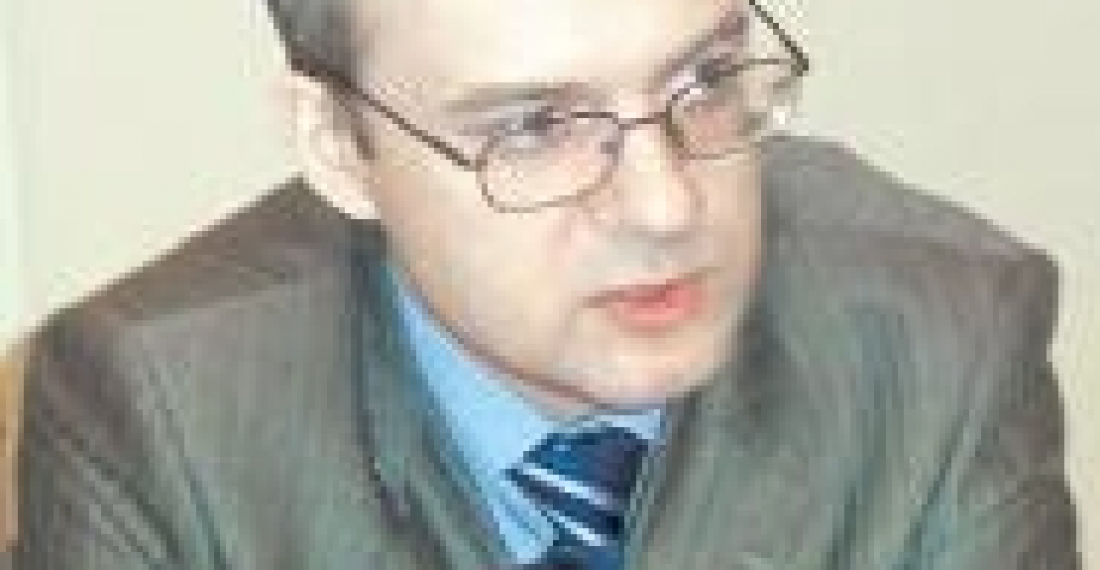"Unfortunately, I rank among the pessimists supposing that some improvement in the economic situation in the CIS countries is the result of considerable inflation in the main reserve currencies", Director General of the Russian Center of Strategic Assessment and Forecasts Sergey Grinyaev said in an interview with ArmInfo.
"As regards Russia, the situation in the country will not cardinally change until the radical economy modernization plan is implemented. The current scene that one of the oil-rich countries faces a petrol crisis and the oil processing industry stops existing almost completely is far from the idea of overcoming the crisis", he said.
Thus, today Russia keeps on losing the opportunity to create hi-tech products in aircraft engineering; car industry has mostly turned into assembling of foreign models with screwdrivers. Grinyaev thinks that even the well-known Russian military industrial complex does not satisfy the modern needs, and the state is going to purchase foreign samples of arms.
"So, we have a long way to go before overcoming the crisis. We need to modernize the economy now more than ever. During the meeting with the representatives of large Russian oil companies, Prime Minister Putin made a bright statement on what is going on. He said that the state would only support those who want to work in Russia, who do not feel like temporary workers or try to squeeze the last reserves out of the old rusted screws and pipes, but those feeling like owners", Grinyaev said.
Expert:
Expert:







